2013.03.06
Abe not bending on Senkaku Islands being Japanese
Prime Minister Shinzo Abe has expressed Japan’s resolve to maintain its sovereignty over the Senkaku Islands in the East China Sea and defend the islands on its own.
In a speech at the Center for Strategic and International Studies, an influential think tank in Washington, Abe said Japan will never tolerate a challenge to its sovereignty over the islands at the center of heightened tensions with China. “We will firmly defend Japan’s inherent territories by our own power,” Abe said in a question-and-answer session after the speech.
Referring to former U.S. Secretary of State Hillary Clinton’s remark earlier this year that the United States opposes “any unilateral actions that would seek to undermine Japanese administration” of the islands, Abe said, “This is a significant message that the current situation in the area cannot be altered by force.” He also said, “I have no intention to ask the United States to take specific action over the Senkakus.”
In the speech, delivered in English, Abe said, “History and international law both attest that the islands are Japan’s sovereign territory.” “We simply cannot tolerate any challenge now, or in the future. No nation should underestimate the firmness of our resolve,” he said. “After all, for the long period between 1895 and 1971, no challenge was made by anyone against the Japanese sovereignty,” he said.
Japan incorporated the Senkaku Islands in the country in 1895. China and Taiwan started to claim their sovereignty over them in 1971. In a warning to China, Abe said “No one should ever doubt the robustness of the Japan-U.S. alliance.” Relations between Japan and China have deteriorated substantially over the uninhabited islands, which Beijing calls Diaoyu. Although the basic position of the Japanese government is that there is no territorial dispute over the islands, the Abe administration apparently believes it is better for Japan to explain its position to the international society in order to counter China’s propaganda activities related to the island chain.
Still, Abe said, “I have absolutely no intention of climbing up the escalation ladder,” adding, “The doors are always open on my side for the Chinese leaders.”
On North Korea’s nuclear and missile development programs, the Japanese leader said that his country plans to work closely with the United States, South Korea and other countries, as well as the United Nations, to stop Pyongyang from pursuing its ambitions.
In the question-and-answer session, Abe said the international community needs to urge China, which has influence over North Korea, to support efforts to adopt a U.N. Security Council resolution imposing additional sanctions against the reclusive state for its nuclear test earlier this month. China is one of the five veto-wielding members of the Security Council.
In the speech, Abe said, “Japan must continue to be a guardian of the global commons,” explaining his policy of promoting cooperation with the United States and South Korea, which share common democratic values. He indicated a positive stance on the country’s possible participation in the Trans-Pacific Partnership free trade negotiations by saying, “Japan must remain a leading promoter of rules.” In the speech, titled “Japan is Back,” Abe also stated that “Japan is not, and will never be a tier-two country,” demonstrating his resolve to achieve economic resuscitation.

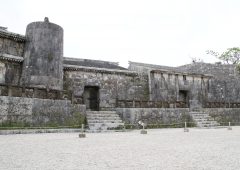 2024.07.07
2024.07.07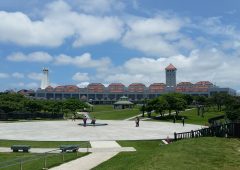 2024.06.21
2024.06.21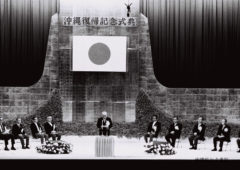 2024.05.15
2024.05.15 2024.02.07
2024.02.07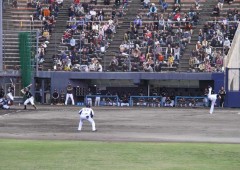 2024.01.31
2024.01.31 2023.11.02
2023.11.02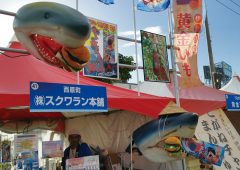 2023.10.26
2023.10.26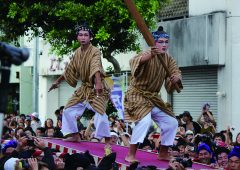 2023.09.29
2023.09.29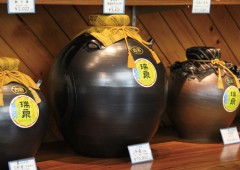 2023.09.01
2023.09.01






